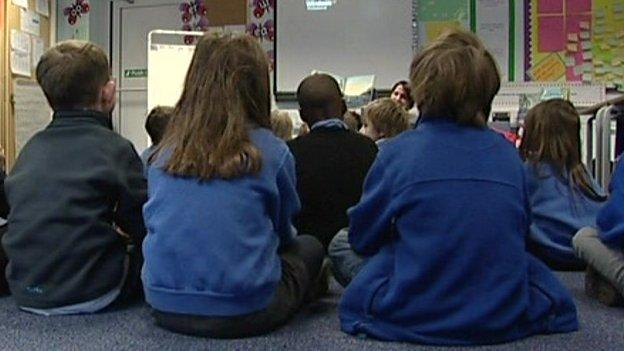Saracens Rugby Club to open one of 77 new free schools
- Published

Saracens in action against Worcester Warriors earlier this month. The new school will have an emphasis on teamwork
The latest wave of free schools approved to open in England include one run by Saracens Rugby Club and a school for children with autism.
They are among a total of 77 new approved state-funded schools, run by academy trusts, community groups, parents and teachers, say ministers.
It is the biggest wave of free schools this parliament and continues progress towards the goal of 500 more by 2020.
The NUT said the news could not hide the fact "education policy is a mess".
But Saracens chairman Nigel Wray said the approval of the club's new free school presented "a marvellous opportunity".
Saracens High School, a new secondary for north London, is the result of a partnership between European Cup holders Saracens and another local school, Ashmole Academy, says the Department for Education.
The aim is to combine academic achievement with sporting success and teamwork, said Mr Wray.
'More options'
Expansion of the free school programme was a Conservative manifesto pledge in the 2015 general election.
Since 2010, 429 of the schools have been set up, 42 of which opened this month, including the Liverpool Institute for Performing Arts sixth form, which has Sir Paul McCartney as its patron.
The additional free schools approved include:
Cumbria Academy for Autism, led by local parents of autistic children
21 primary schools in the Midlands, south and east of England run by REAch2 Academy Trust
Three new secondaries and a primary run by Harris Federation to include a specialist science school in south London
"Our country needs more good school places for children. This next wave of free schools means more options for parents so they can choose a place that really works for their child's talents and needs," said Education Secretary Justine Greening.
"Alongside the reforms announced last week this will build on the progress that has seen 1.4 million more children in good or outstanding schools than in 2010. This will help deliver the true meritocracy the prime minister has pledged to create."
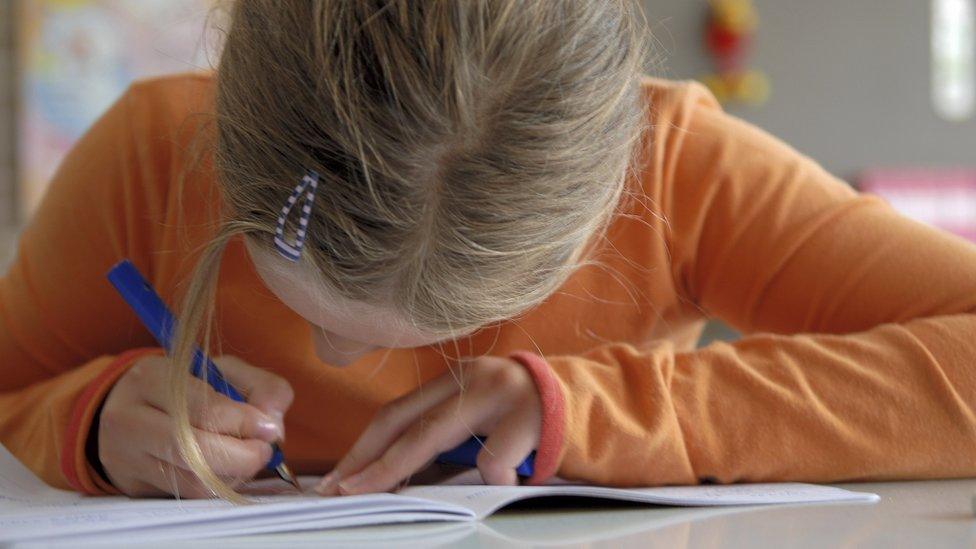
The new free schools will include 21 primaries run by the REAch2 chain
Sir Steve Lancashire, chief executive of REAch2, said the new schools would "offer exceptional opportunities for learning to even more children".
And Sarah Pearson, interim director of the New Schools Network, which helps set up new free schools, said it was "wonderful to be congratulating another 77 groups on their successful free school applications".
However, NUT general secretary Kevin Courtney said: "Free schools were originally promoted as a parent-led initiative that would provide choice, but now we are seeing the dominance of the programme by just a few big academy brands.
"It is clear to everyone that Justine Greening is stuck between the failed policies of her predecessor and the prime minister's irrational and regressive desire to expand selection."
Selective schools?
And National Association of Head Teachers General Secretary Russell Hobby called for more strategic planning to open new schools where they are most needed.
"A quarter of open free schools are not in areas of basic need and over half are serving more advantaged communities. This is not an ideal allocation of scarce resources," said Mr Hobby.
"The government's new proposals for grammar schools may also allow these new schools to select by ability in the near future, actually narrowing parent choice in the long run.
"This focus on selection is a huge distraction from the basics of education, including providing enough school places."
But a Department for Education spokesman said the new set of free schools would not be affected by plans for new selective schools in England as "the law has not yet changed".
- Published2 September 2015
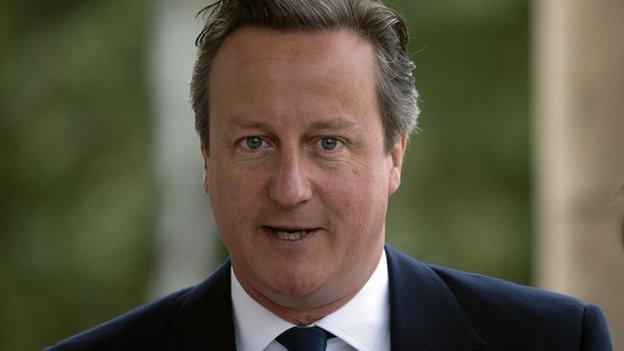
- Published22 May 2015
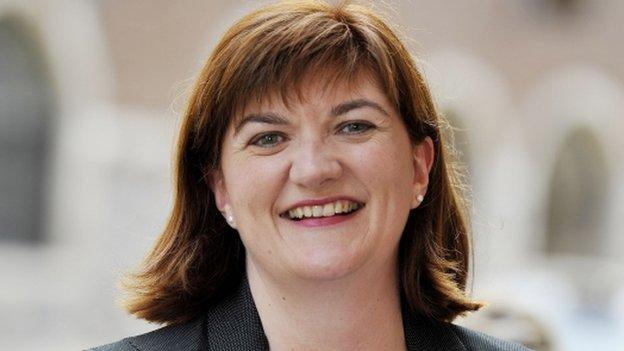
- Published9 March 2015
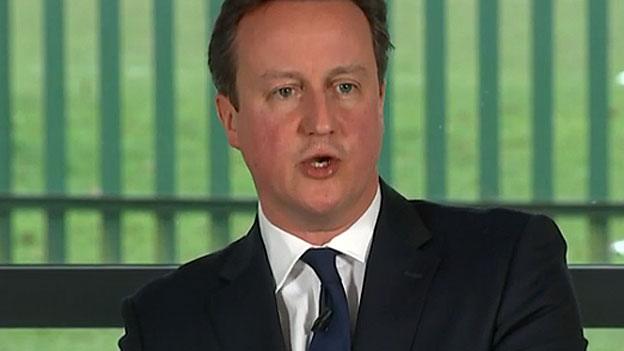
- Published9 March 2015
